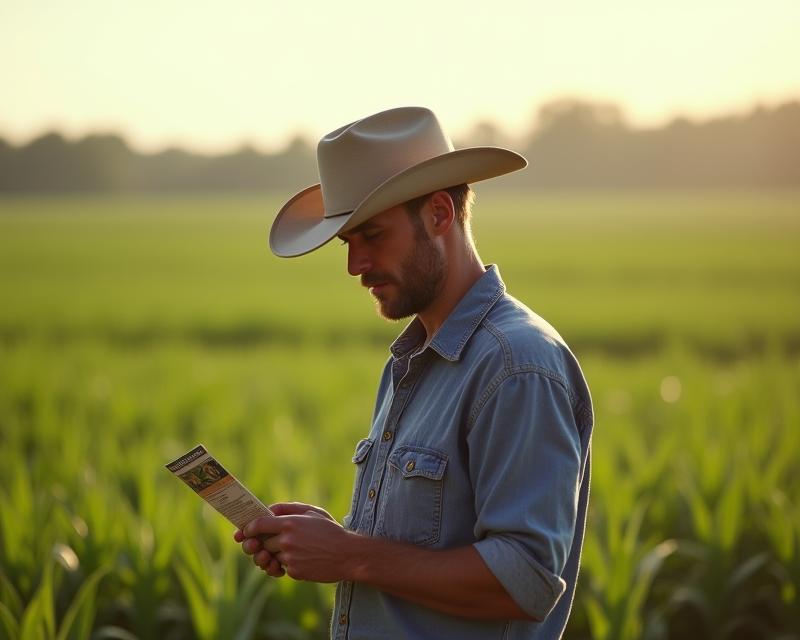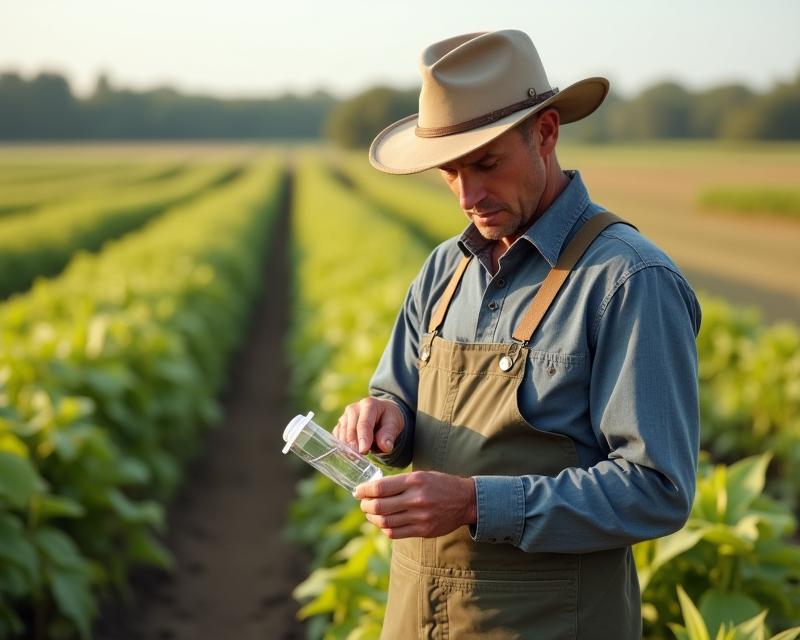Seed Patents: What Farmers Need to Know
Publish in Agriculture el 05/07/2025 02:22
Seed Patents: What Farmers Need to Know
For generations, farmers have saved and shared seeds, a cornerstone of agriculture. But in recent decades, things have changed. The rise of genetically modified (GMO) seeds and the increasing power of large corporations like Monsanto (now Bayer) have brought legal battles over seed ownership to the forefront. Understanding seed patents is crucial for all farmers, whether you're growing a small garden or a large field.

What are Seed Patents?
A seed patent is essentially a legal right granted to a company, giving them exclusive control over a specific variety of seed for a set period – usually 20 years from the filing date. This means they can prevent other farmers from saving and replanting seeds from their harvest. The idea behind patents is to incentivize innovation and investment in developing new seed varieties. However, many farmers argue that seed patents stifle innovation by limiting access to seeds and hindering traditional farming practices.
Landmark Cases & Legal Battles
The legal battles surrounding Monsanto’s patented GMO seeds have been particularly significant. One of the most well-known cases involved farmers alleging that Monsanto had illegally collected and patented their farmers’ seeds. These lawsuits centered on the concept of 'gene piracy' – the idea that companies shouldn't be able to patent naturally occurring genes found in plants. Several cases resulted in multi-million dollar settlements, highlighting the financial risks associated with challenging seed patents. Another significant area of contention revolves around the use of Roundup Ready crops and the associated herbicide, glyphosate. Farmers have faced legal challenges related to the long-term effects of glyphosate and the restrictions imposed by seed contracts.
What Does This Mean for You?
Seed patents have a direct impact on farmers. They can limit your ability to save seeds, forcing you to purchase new seeds each year. This can significantly increase your costs and reduce your autonomy as a farmer. It also impacts traditional seed-saving practices that have been passed down through generations. While the legal landscape is constantly evolving, it's important to be aware of your rights. Organizations like the Food and Agriculture Justice Center (FAJC) provide resources and legal support to farmers facing challenges related to seed patents. Staying informed about seed legislation and advocating for policies that protect farmers' rights is essential for the future of agriculture.
Resources for Farmers
- Food and Agriculture Justice Center (FAJC)
- Organic Future
- Your local agricultural extension office





